Recovery is just a phone call away. We’re here for you 24 hours a day, 7 days a week. Call (352) 771-2700
Act Fast – Limited Capacity
The Recovery Village Cherry Hill at Cooper’s cutting-edge, 55,000 square foot facility offers a full continuum of care, ranging from detox to inpatient rehab.
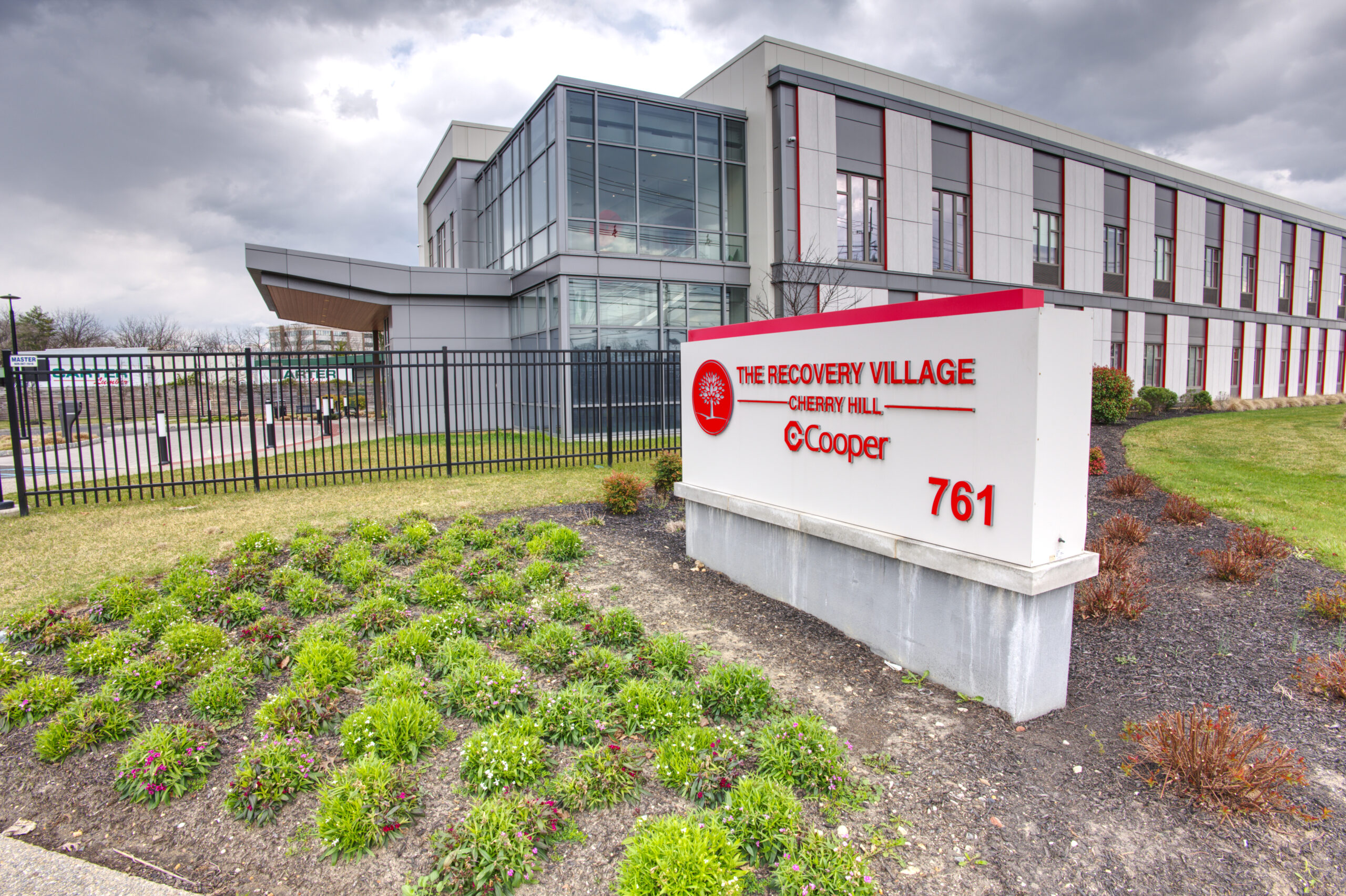

“Being able to wake up every day without being sick, seeing my family and friends see my progress, not having to lie and hide my alcoholism, spending time with my son, giving me a structural routine and learning how to love myself again.”
Isaiah Richardson, The Recovery Village Cherry Hill Alumni
While the rate of overdose deaths in the U.S. is slowly decreasing overall, some states are struggling more than others. New Jersey is one of only five states where the rates of overdose deaths went up between 2017 and 2018. Of those 2018 deaths, nearly 90% involved opioids.
Seeing a clear need, The Recovery Village Cherry Hill at Cooper opened its doors in January 2021 to help people in New Jersey and across the Northeast recover from addiction and lead healthier, safer lives.
To better combat an epidemic affecting entire communities, treatment for addiction must be personalized for the individual. The Recovery Village Cherry Hill at Cooper’s cutting-edge, 55,000 square foot facility offers a full continuum of care to address a patient’s substance abuse and co-occurring mental health conditions. The center offers personalized, evidence-based treatment to residents of New Jersey and surrounding states.
Medical professionals at The Recovery Village Cherry Hill at Cooper use an intake assessment to design a treatment plan around each client’s needs. This comprehensive assessment evaluates current and past drug use, physical health and mental health to determine the best path forward to recovery. For most patients, treatment will begin with medical detox, then transition to other treatment programs as medically appropriate.
During this level of care, clients work through withdrawal symptoms under the supervision of medical professionals.
Also known as inpatient treatment, residential treatment is the most intensive level of care after medical detox, with continued monitoring while living at the facility full-time.
Partial care service is a step down from intensive rehab like detox and inpatient care, and patients live off-site while receiving medical treatment and therapies.
During intensive outpatient treatment, clients usually live off-site at a facility but are dedicated to preparing for life after rehab.
Outpatient clients who don’t need around-the-clock care may continue their treatment part-time and live off-site in supportive home environments.
Outline each client’s next steps after their treatment ends, including follow-up appointments and recommendations for nearby support groups.
During this level of care, clients work through withdrawal symptoms under the supervision of medical professionals.
Also known as inpatient treatment, residential treatment is the most intensive level of care after medical detox, with continued monitoring while living at the facility full-time.
Partial care service is a step down from intensive rehab like detox and inpatient care, and patients live off-site while receiving medical treatment and therapies.
During intensive outpatient treatment, clients usually live off-site at a facility but are dedicated to preparing for life after rehab.
Outpatient clients who don’t need around-the-clock care may continue their treatment part-time and live off-site in supportive home environments.
Outline each client’s next steps after their treatment ends, including follow-up appointments and recommendations for nearby support groups.
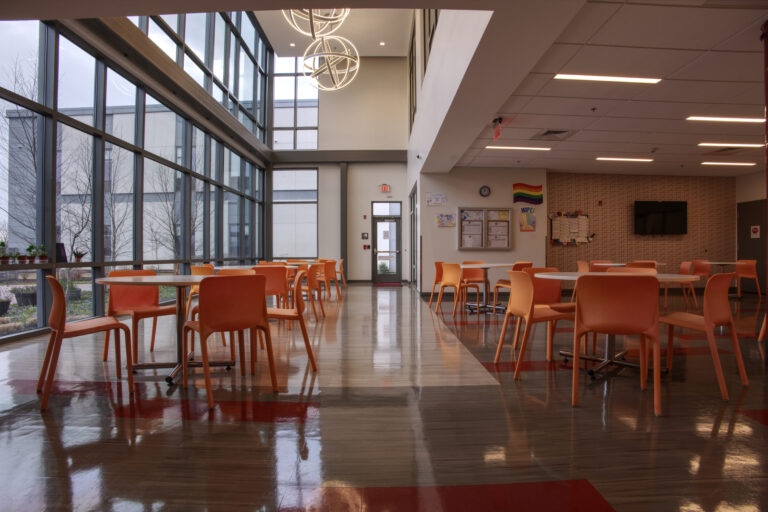









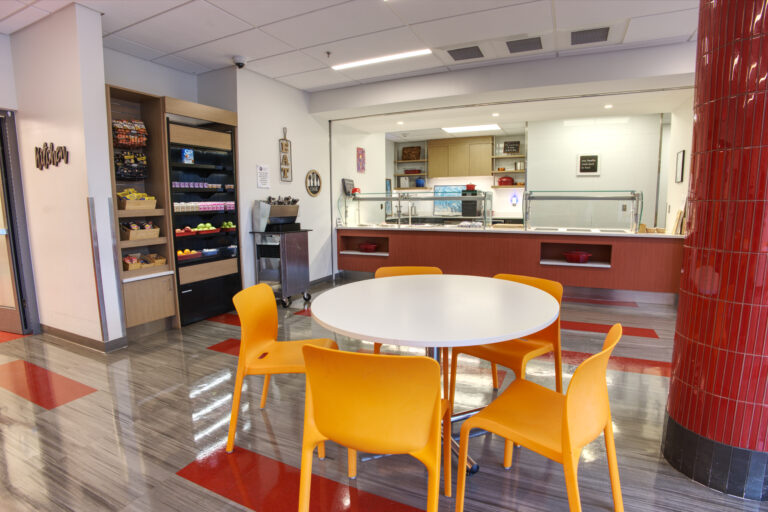


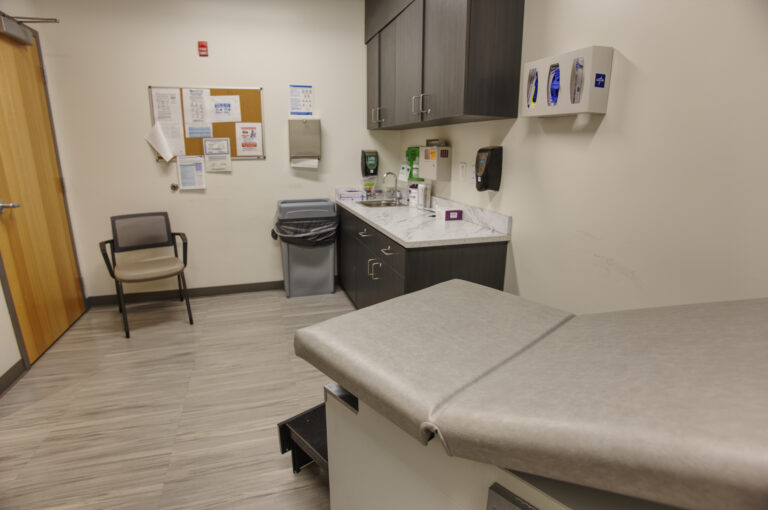





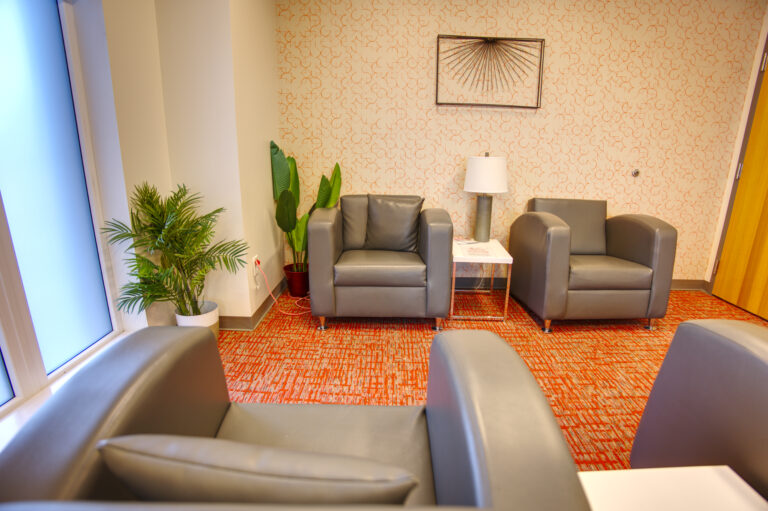


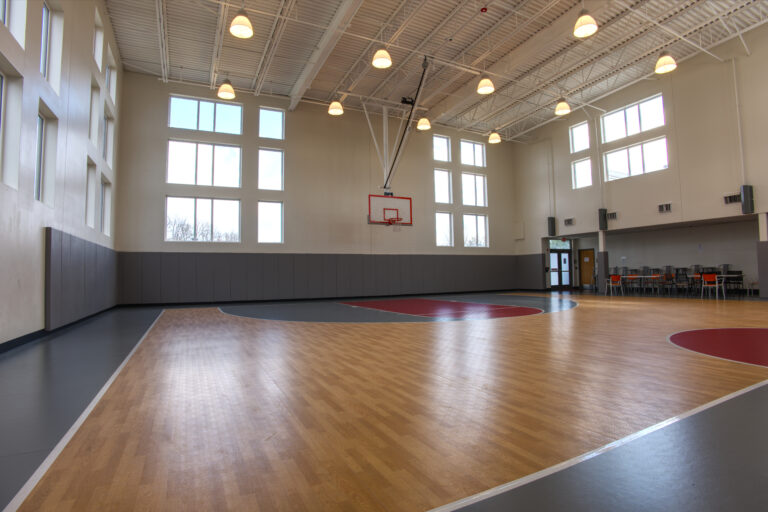
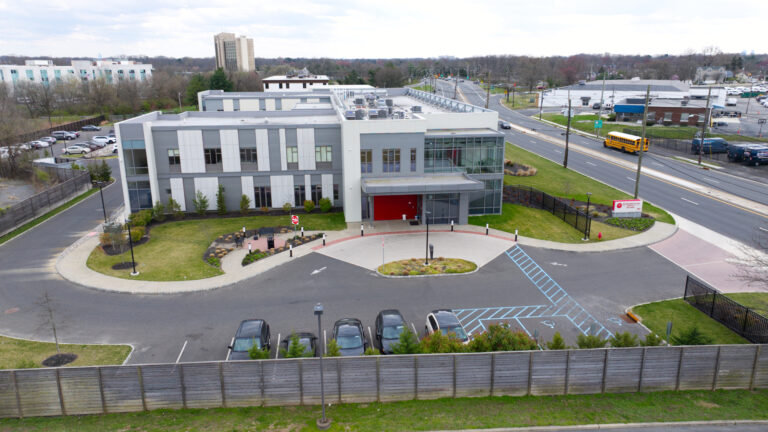
























Available amenities and activities may differ depending on the level of care.
The Recovery Village Cherry Hill at Cooper is in-network with most major insurance carriers including Aetna, Blue Cross Blue Shield, Cigna, Humana, and United.
If you don’t have health insurance or your coverage is limited, that shouldn’t prevent you from accessing care. The Recovery Village Cherry Hill at Cooper offers private pay options to accommodate your needs.
We are simplifying the health insurance verification process with our online system, allowing you to verify your benefits in seconds. By streamlining the insurance verification process, we connect you to the care you need, as quickly as possible.
Our online insurance verification tool is HIPAA-compliant, so your information stays completely confidential.



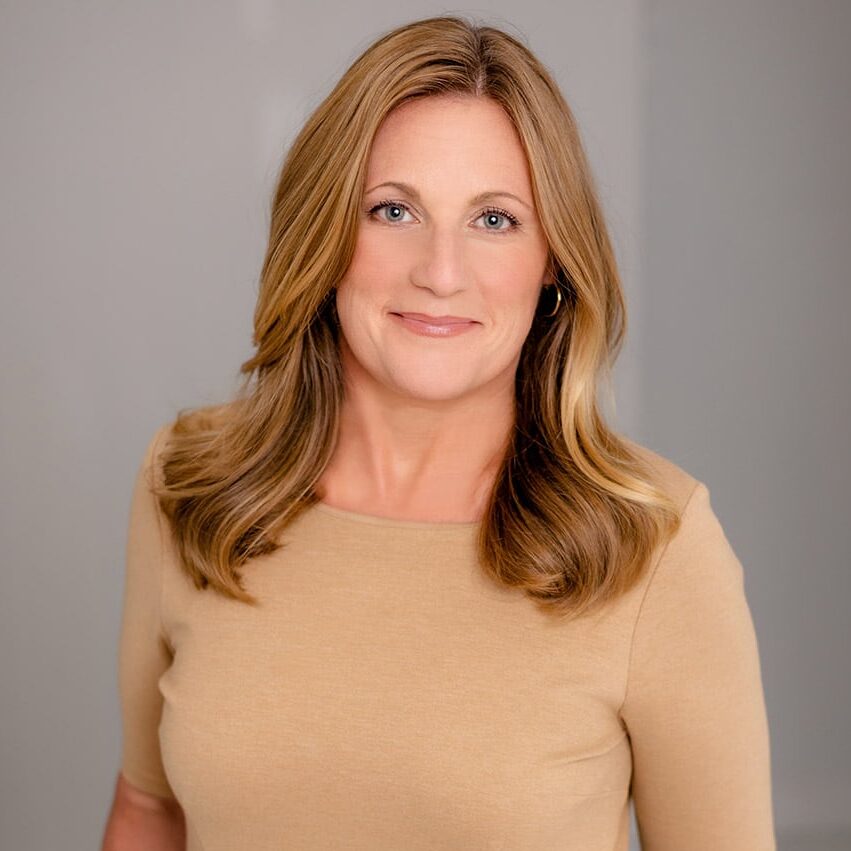




The cost of rehab varies depending on your insurance plan, the kind of treatment you need and length of stay. Generally, inpatient treatment and other more intensive programs cost more than outpatient programs.
Insurance typically covers some or all of the costs of rehab treatment, but what services are covered can vary from plan to plan. Contact your insurance provider to discuss what is covered under your plan, and find specific questions to ask on our insurance page.
Because healing is your first priority, keeping distractions to a minimum is key for recovery. For the safety and privacy of all patients, cell phones will be securely stored until discharge. After an initial 72-hour stabilization period, you may use cell phones for 1.5 hours daily at the inpatient/residential level. PHP/IOP patients get their cell phones back for limited use.
The inpatient rehabilitation process can last anywhere from a few days to over a year, depending on the client’s needs and their progress through recovery. More common lengths of stay include 30 days and 60 days, however long-term drug and alcohol rehab can last anywhere from 3-12 months. Long Outpatient treatment on its own generally lasts 90 days but can be shorter when part of a multistage treatment program.
The Recovery Village aims to improve the quality of life for people struggling with a substance use or mental health disorder with fact-based content about the nature of behavioral health conditions, treatment options and their related outcomes. We publish material that is researched, cited, edited and reviewed by licensed medical professionals. The information we provide is not intended to be a substitute for professional medical advice, diagnosis or treatment. It should not be used in place of the advice of your physician or other qualified healthcare provider.
Colorado
Florida
Georgia
Indiana
Maryland
Missouri
Ohio
Oregon
New Jersey
Washington

Our state-specific resource guides offer a comprehensive overview of drug and alcohol addiction treatment options available in your area.